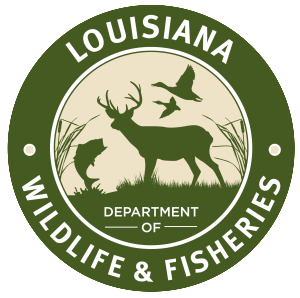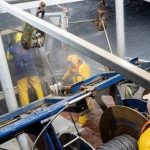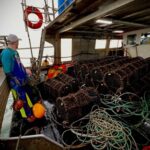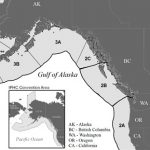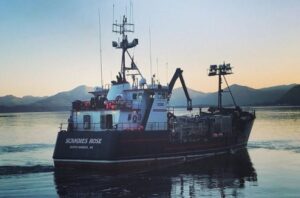OUT TO CATCH THE LAST FISH?
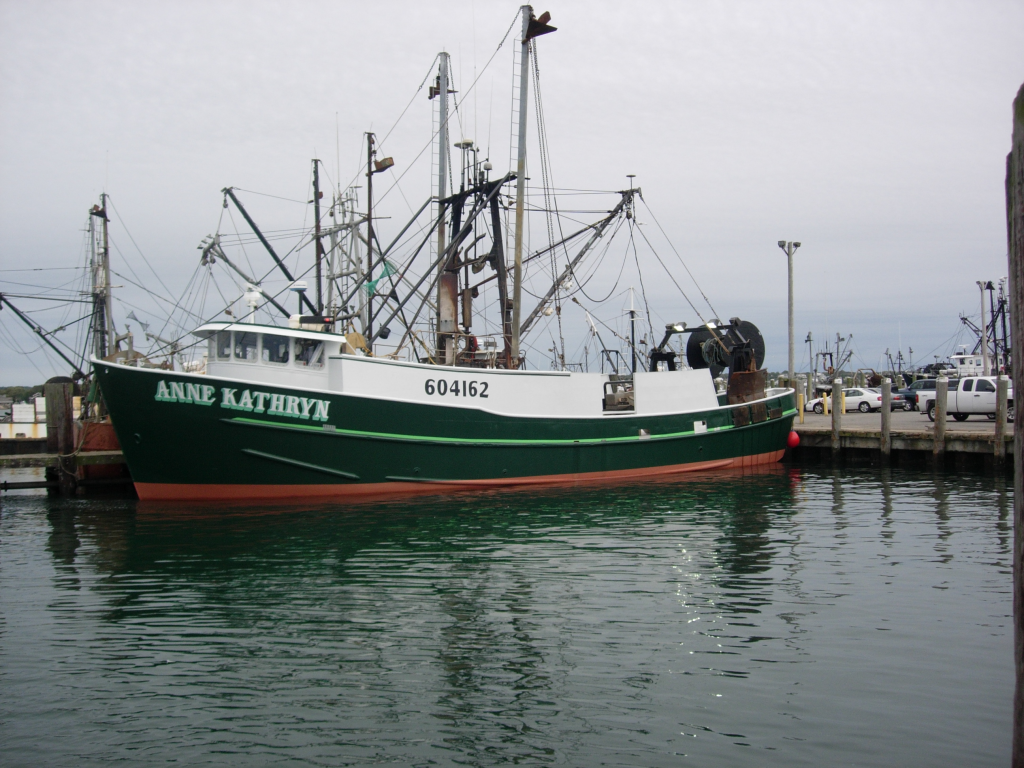
January 6, 2013
OUT TO CATCH THE LAST FISH?
Dick Grachek
To be a fisherman, these days, is to have first-hand knowledge of bias and mindless prejudice. Manipulating commercial fishing to save the stocks from “endangerment” and worse, has often been job justification for the political and personal agenda-driven, obsequious, career-climbing government fisheries “scientists” and managers. “Destructive” commercial fishing is also a handy foil for corporate style environmental groups’ fund raising efforts; and diminishing the importance of domestic commercial fishing is also a necessary step in the energy industry’s march into the sea.
All this scapegoating, over the last few decades, has painted commercial fishermen as non-thinking, selfish, interlopers in the ocean ecosystem. Commercial fishermen are seen as eco-intruders who must ultimately be eliminated in order to save the resource. Actually, it is the local fishermen who have the greatest stake in the health of the ocean resource. And they are not villains deserving of all the insults inherent in the process of marginalizing them.
Insults come in the form of NOAA’s incompetent stock assessments and anorectic regulations; and especially blatant are the anti-fishing media campaigns comprised of bogus fishery Armageddon declarations perpetrated by several of the “Environmental” Non- Government Organizations—cash fat groups which seem to have remarkable influence in the regulatory process.
Misinformation campaigns wield gems such as, “fishermen are out to catch the very last fish in the ocean”, and “…sophisticated electronic fish finding gear enables stock decimating catches”, or one of my favorites, “…dragging nets the size of a Boeing 747 that clear cut the ocean bottom, destroying centuries old coral habitats”. These ridiculous perspectives saturate the media, hoodwink the public, and somehow turn up in “scientific” papers. This unsupported indefensible information then infiltrates the dysfunctional management mechanisms of lawsuit-cowed federal agencies and NGO and bureaucrat stacked regional councils. Consequently, the “…stop the greedy fishermen from destroying the resource” misinformation soon morphs into a management perspective resulting, for instance, in a fishing-hostile regulatory posture. The final result is management based on overfishing—not on fishing.
Everyday people (i.e., not working for the government or taking a check from the Environmental Non-Government Organizations), who believe this “… greedy fishermen out to catch the last fish” bunk, are either not thinking, or have been so indoctrinated to believe that we, like members of the energy industry and the financial industry, are interested in devouring our own future for short term profit bliss.
For those people, here’s a News Bulletin:
Family owned and family financed fishing vessels CANNOT WORK ON DEPLETED STOCKS!!! Even on a strictly economic cost-effective basis, the slim profit margins of these small fishing businesses do not allow it; and in addition, the independent small boat fisherman has the most to lose if the stocks are not healthy. Actually, keeping the local fishing fleet diversified and independently family-financed is probably the single most effective conservation measure we can embrace. In such an operation there are several built-in constraints on the ability to harvest the resource—and certainly such constraints prohibit fishing on depleted stocks.
With costs at around $2,000 per day or more in overhead, fuel, and maintenance for a typical vessel capable fishing year ‘round, and with dock fish prices to the vessel often around $1/pound, it is not a viable business plan to fish on skimpy endangered stocks, landing skimpy catches of skimpy endangered fish.
These vessels can only work on plentiful species. They will successfully avoid wasting time and fuel on anything less than abundant stocks. They will return to port if better fishing is not found, rather than go deeper into the financial hole.
Also fishing happens to be a very risky endeavor. Fishermen will not additionally risk the life and limb of 4 crew members, their families’ future income, and a very expensive vessel (what usually amounts to at least a million dollar investment of life savings for many independent fishermen) by fishing through unusually unsafe conditions. It simply does not make sense to portray fishermen as willing to risk all, physically and financially, and destroy their own future by chasing the “last fish”. Or as another anti-fishing bit of ignorant nonsense warns: “…hunting that last fish farther and farther offshore, always endeavoring to increase their range of destruction!”
Fishermen are NOT STUPID; they are NOT GREEDY; they are NOT CLEAR CUTTING THE OCEAN; and they are NOT OUT TO CATCH THE LAST FISH!!! That would be more a Wall Street-market-capitalized-big-business-responsible-only-to-the-quarterly-bottom-line-profit tactic, NOT FAMILY OWNED FISHING BOATS!
Fishermen have a very specialized set of skills that does not translate very well into careers at Home Depot, McDonald’s, or Intel micro-chip manufacturing. Fishermen have made the sacrifices for the last 20 years and the majority of the commercially significant fish species are more plentiful now than any time since NOAA began keeping records. Fishermen want to continue to fish. They are invested long term!
It’s so infuriating to hear the mindless incessant chant of Overfishing, Overfishing! Stop the Overfishing! That ridiculous lament that shouts fishermen are doing all they can to “…catch the very last fish!” or as proclaimed in the previous article below, “…most fishermen always want to catch more fish, regardless of how many there are.”
Nobody, not the enviro-capitalist donation-harvesting NGO, not the career minded, office-seeking government bureaucrat, not the collecting-fees-from both-ends “environmentalist” law firm, nobody has more invested in keeping the fish resource healthy and sustainable than the coastal fishermen and fisherwomen.
Fishing is their life, their tradition, and they hope, their future!
Read other excellent articles written by Dick Grachek by moussing over the Featured Writers on the drop menu located on the header bar.

































